I am delighted to announce the launch of the second Knowledge Transfer Partnerships Academic Development Scheme (KTPADS). This scheme is centrally coordinated through the Research and Knowledge Exchange Office and aims to equip academics with the skills and knowledge required to identify and pursue a Knowledge Transfer Partnership (KTP).
What is KTP?
A KTP is part-funded by the government and the aim of this scheme is to encourage collaboration on projects between businesses and academics. KTP is managed by Innovate UK (formerly the Technology Strategy Board) and provides benefits to all parties involved – this scheme offers a fusion of academic and industry collaboration supported by an associate (graduate).
What is to benefit to me?
KTP is an excellent way of bringing in income and developing knowledge exchange with a clear pathway to impact.
Key benefits of KTP are as follows:
- Facilitates research impact
- Increases research funding, including supervision time for the Knowledge Base Supervisor (academic) to the Associate (graduate), this time averages at half a day a week
- Contributes to the University’s REF submission
- Improves links with industry partners
- Applies knowledge to innovative business-critical projects
- Raises your profile among colleagues/the Institution
What does this scheme involve?
This scheme consists of an initial one-day development course, on Wednesday 1st April 2015, off campus, to provide you with the necessary information to pursue a KTP in your area of research. The development day consists of information about KTP, engaging with business and writing proposals. Members will be required to bring KTP ideas to develop.
Members are then supported throughout the year in developing their KTP ideas including support in working with business and bespoke one-to-one sessions with the Innovate UK KTP Adviser. Additional support includes a travel budget for members to use on potential KTP collaboration visits.
Expected time commitments for this scheme are: one full day for the development course on 1st April 2015, two half-day support networks in 2015, at least three one-to-ones with the KTP Adviser from Innovate UK and unlimited one-to-ones as per your requirements from the KE Adviser (KTP) within the BU Research and Knowledge Exchange Office.
Please note: the expectations of the scheme are for members to collaborate with business and submit a KTP proposal within a year of starting the scheme.
Dates for your diary
Wednesday 1st April – all day development day
Week commencing 6th April – initial one-to-one
Wednesday 10th June – afternoon support network
Week commencing 21st September – mid-point review one-to-one
Wednesday 9th December – afternoon support network
What are the KTP funding priorities?
If you’re interested in working on KTP, there are a number of funding priorities for KTP as detailed below:
- Advanced materials
- Nanotechnology
- Biosciences
- Electronics, photonics and electrical systems
- Information and communication technologies
- High value manufacturing
- Digital technologies
- Emerging technologies
- Energy generation and supply
- Environmental sustainability
- -Sustainable agriculture and food
- -Low impact buildings
- Creative industries
- High value services
- Medicines and healthcare
- -Assisted living
- -Detection and identification of infectious agents
- -Stratified medicine
- Transport
- -Low carbon vehicles
- Space
Special funding calls are also regularly released, currently there is a specialized call for agri-food and space respectively, which are due to close in February and also a call for user experience which closes in April. Further themes are due to be announced throughout the year.
If your research expertise fits into any of these themes, then KTP could be a great knowledge exchange project for you.
How do I apply?
To apply for a place on the scheme, please contact Rachel Clarke to request an application form. This form will need to be signed by your Line Manager and please note that all applications will be submitted to the respective Deputy Dean of Research for review to ensure applications meet Faculty strategic aims. Applications open on Monday 9th February and close at 5pm on Friday 27th February.
If you would like to discuss this scheme or receive an application form, please contact Rachel Clarke, Knowledge Exchange Adviser (KTP) on 01202 961347 or clarker@bournemouth.ac.uk

 Every BU academic has a Research Professional account which delivers weekly emails detailing funding opportunities in their broad subject area. To really make the most of your Research Professional account, you should tailor it further by establishing additional alerts based on your specific area of expertise. The Funding Development Team Officers can assist you with this, if required.
Every BU academic has a Research Professional account which delivers weekly emails detailing funding opportunities in their broad subject area. To really make the most of your Research Professional account, you should tailor it further by establishing additional alerts based on your specific area of expertise. The Funding Development Team Officers can assist you with this, if required.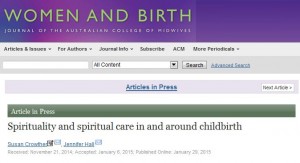

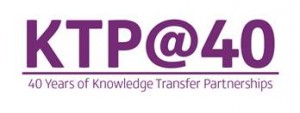




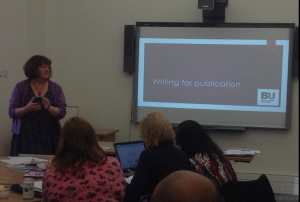
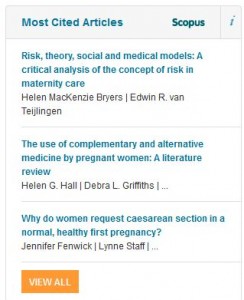
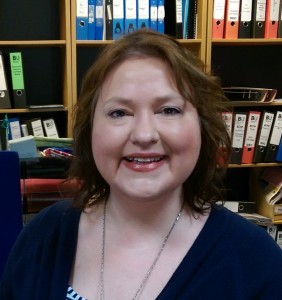

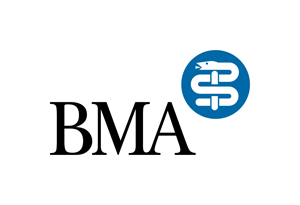











 New weight change BU paper
New weight change BU paper One week to go! | The 16th Annual Postgraduate Research Conference
One week to go! | The 16th Annual Postgraduate Research Conference Geography and Environmental Studies academics – would you like to get more involved in preparing our next REF submission?
Geography and Environmental Studies academics – would you like to get more involved in preparing our next REF submission? Congratulations to three former BU staff
Congratulations to three former BU staff MSCA Staff Exchanges 2024 Call – internal deadline
MSCA Staff Exchanges 2024 Call – internal deadline Applications are now open for 2025 ESRC Postdoctoral Fellowships!
Applications are now open for 2025 ESRC Postdoctoral Fellowships! Horizon Europe – ERC CoG and MSCA SE webinars
Horizon Europe – ERC CoG and MSCA SE webinars MaGMap: Mass Grave Mapping
MaGMap: Mass Grave Mapping ERC grants – series of webinars
ERC grants – series of webinars